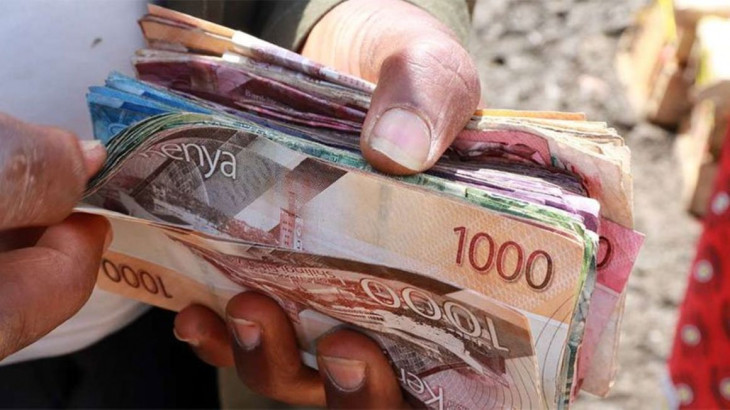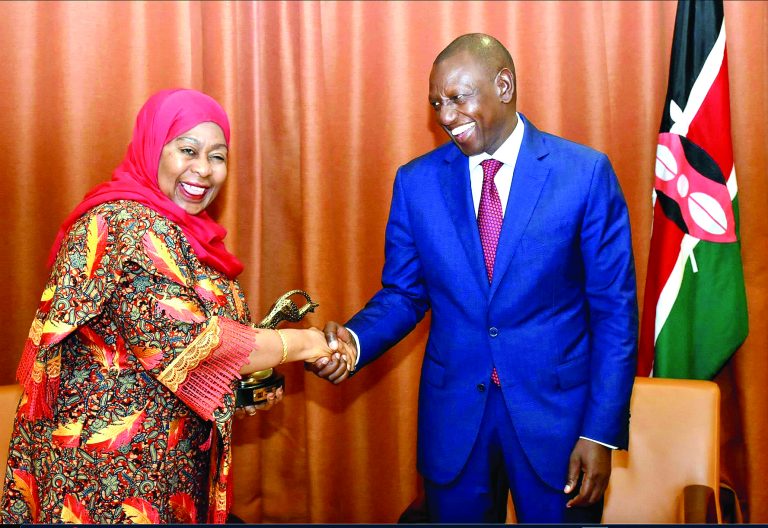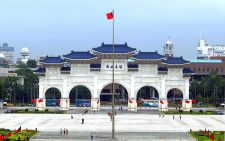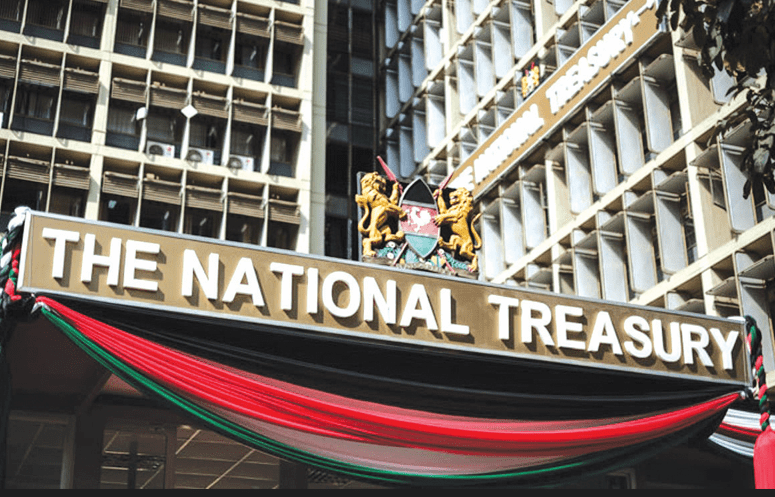King missed chance to heal colonial wounds
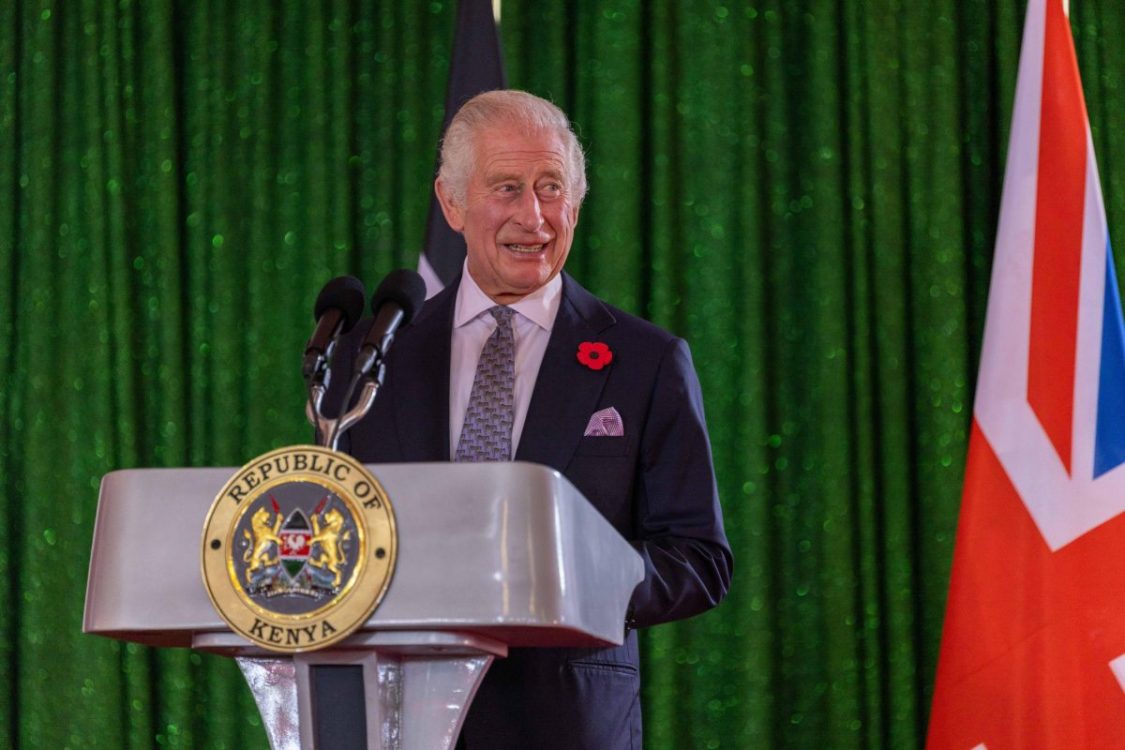
British King Charles, with Queen Camilla, was in Kenya for an official visit. He seems to have enjoyed himself thoroughly, if the animated engagement he seemed to have with Kenyans wherever he went are anything to go by.
Britain and Kenya have a long history. That history itself is a very mixed bag. On the face of it, everything is honky-dory. The two countries enjoy strong business relationships, official friendship, and strong cultural ties.
The British attach a lot of sentimentalities to Kenya. Key among them is the fact that King Charles mother, the late Queen Elizabeth 2, became Queen in 1952 when visiting Treetops in Nyeri. She came to Kenya a princess, and left a queen.
Another striking coincidence is the fact that the father of British Prime Minister, Rishi Sunak, was born and raised in Nairobi in precolonial Kenya. The father would later migrate to England where his son, Rishi, destined to become prime minister, was born.
Such is the fairy tale stuff that binds these countries in a seemingly relentless web.
However, there is a huge undercurrent that to this day keeps a dark cloud hanging over these relations. It is the atrocities that the British Government visited on Kenyans who were fighting to gain their freedom from colonial rule, as well as reclaim land they had been ejected from to pave way for settlement by British citizens.
The most ruthless repression was certainly reserved for the Mt Kenya region, where the Mau Mau uprising was finally put down by brutalising an entire community, and herding them into concentration camps that British author, Caroline Elkins, termed as “The British Gulag.” Thousands died from various causes including starvation, disease, and extrajudicial killings. Whoever was pronounced a Mau Mau sympathiser was dead meat.
More atrocities were committed against the Kisii who had rebelled against British colonialialism. The British sent their soldiers to crush the rebellion. Homes were burnt, livestock seized, and anybody who showed any resistance was shot.
Dedan Kimathi was hanged at Kamiti by the colonial authorities after being captured. To date, his grave remains unidentified, a major sore spot between survivors of that era in Kenya, and British Government.
Kikuyu leaders and the community have called on the British Government over the years to identify Kimathi’s grave so that he may get a decent burial. The British Government maintains a studious indifference about this matter.
Otenyo Nyamaterere, who led Kisii warriors in the Abagusii uprising against British colonialism, was captured, executed by firing squad, beheaded, and his head hung from a bridge. The head was later transported to Britain as proof that he was really dead, and put in a British museum. Kisii leaders and the community have over the years called for a return of Otenyo’s head, so that he may be given a decent burial. These two cases are by no means the only atrocities visited upon Kenyan communities by the British in its attempt to enforce colonial rule.
The fact that many descendants of British settlers and African collaborators continue to benefit from the lands seized from Africans and other favours by the British Government at the expense of locals is why the pain never ends, and why the British Government needs to find a way to bring closure.
Many things cannot be reversed, but the British Government would go a long way in helping heal the colonial wounds if it atoned for the crimes it committed against a lot of innocent people during its brutal colonial rule.
Given this background, it’s the height of irony that the visit by King Charles was supposedly to cement the “strong” relations between the two countries. However, these relations will forever be stained by the atrocities by British colonial authorities during colonial rule.
By failing, or refusing, to offer a full apology and agree to make reparations for the atrocities, King Charles lost a great opportunity to lay those ghosts of that torrid past to rest.
— gathukara@gmail.com.






